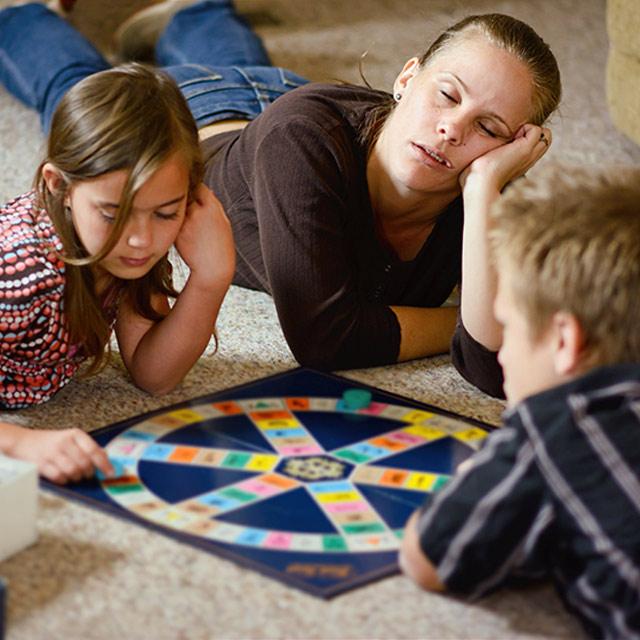Time Change: Getting ready for Daylight Saving

Springing ahead is tougher than falling again. The following pointers might help with sleep patterns throughout the time change.
Banking up on sleep forward of the time change when clocks spring ahead an hour is a brilliant method to keep away from the frantic emotions and lingering fatigue related to daylight saving time — when you do it the appropriate approach.
“It’s actually essential to enter the time change with out being considerably sleep disadvantaged,” mentioned Vanderbilt Sleep Issues Heart specialist Kelly Brown, M.D.
Brown recommends taking a nap of no more than an hour on the day earlier than reporting again to work and in addition going to mattress quarter-hour earlier every evening throughout the days main as much as the time change.
“It’s actually a good suggestion to stay awake in excessively over the weekend as a result of it’ll make getting up on Monday much more tough,” Brown mentioned. “Taking a short nap on the Sunday of the time change will be useful to offset the sleep loss. A one-hour nap could be useful, however no more than an hour. Greater than an hour might have an effect on your nighttime sleep.”
A Sunday afternoon nap ought to offset the typical of 40 minutes of misplaced sleep most individuals expertise on the evening earlier than reporting again to work, she mentioned.
She additionally recommends taking in some shiny sunshine after rising from mattress on the weekend of the time change as a result of mild helps regulate the physique’s inner clock. If the climate is dreary, a brightly lit house could be a substitute.
The time change is greater than an inconvenience, Brown mentioned, noting that research have linked it to elevated incidences of stroke, coronary heart assaults, office accidents and site visitors accidents.
“It’ll be darker than typical driving into work Monday morning,” she mentioned. “There will be elevated accidents, together with accidents involving pedestrians as a result of it’s darker and folks don’t at all times account for that.”
Most individuals want just a few days to per week to regulate to the time change. For others, particularly evening owls, the results are longer lasting, she mentioned. If fatigue and tough sleep patterns persist for greater than two weeks after the time change, a medical evaluation could also be warranted. Sleep problems, akin to obstructive sleep apnea, are quite common, however typically under-diagnosed — and efficient therapies can be found.
“In case you are an individual who has a tough time falling asleep or staying asleep, or when you typically really feel drained within the daytime, it’s best to communicate to your major care doctor and take into account an analysis by a sleep specialist,” Brown mentioned.
It could even be a good suggestion to seek the advice of your major care doctor about taking low-dose melatonin you probably have hassle falling asleep with the time change, she mentioned.
Tricks to ease the daylight saving time transition:
- Don’t excessively oversleep on the weekend of the time change. Take into account a Sunday nap of no multiple hour.
- Go to mattress quarter-hour earlier every evening, starting on the Wednesday earlier than the time change.
- Dim lights earlier main as much as the time change and keep away from shiny lights within the night, particularly from sensible telephones, computer systems and TV screens.
- Keep away from alcohol and caffeine within the night.
- Preserve the bed room cool and darkish.
- Get morning train in daylight on the weekend of the time change.
- Eat an early breakfast and dinner on the weekend earlier than, and eat a superb breakfast on the Monday morning after the time change.
This publish was written by Tom Wilemon, an info officer within the Vanderbilt College Medical Heart Information and Communications Workplace and the editor of Momentum journal.




